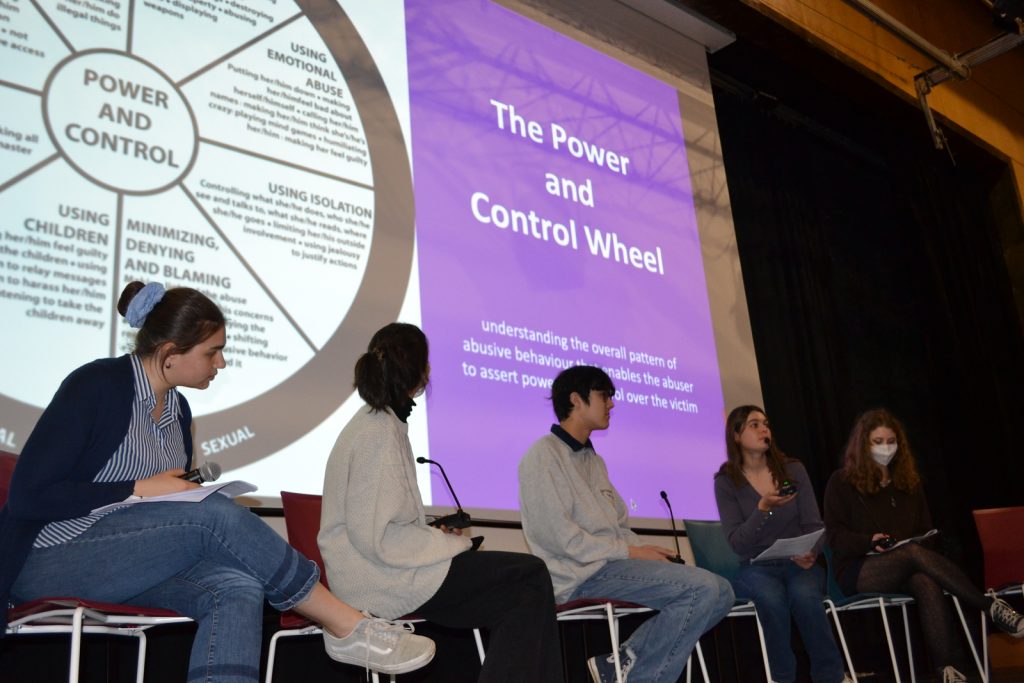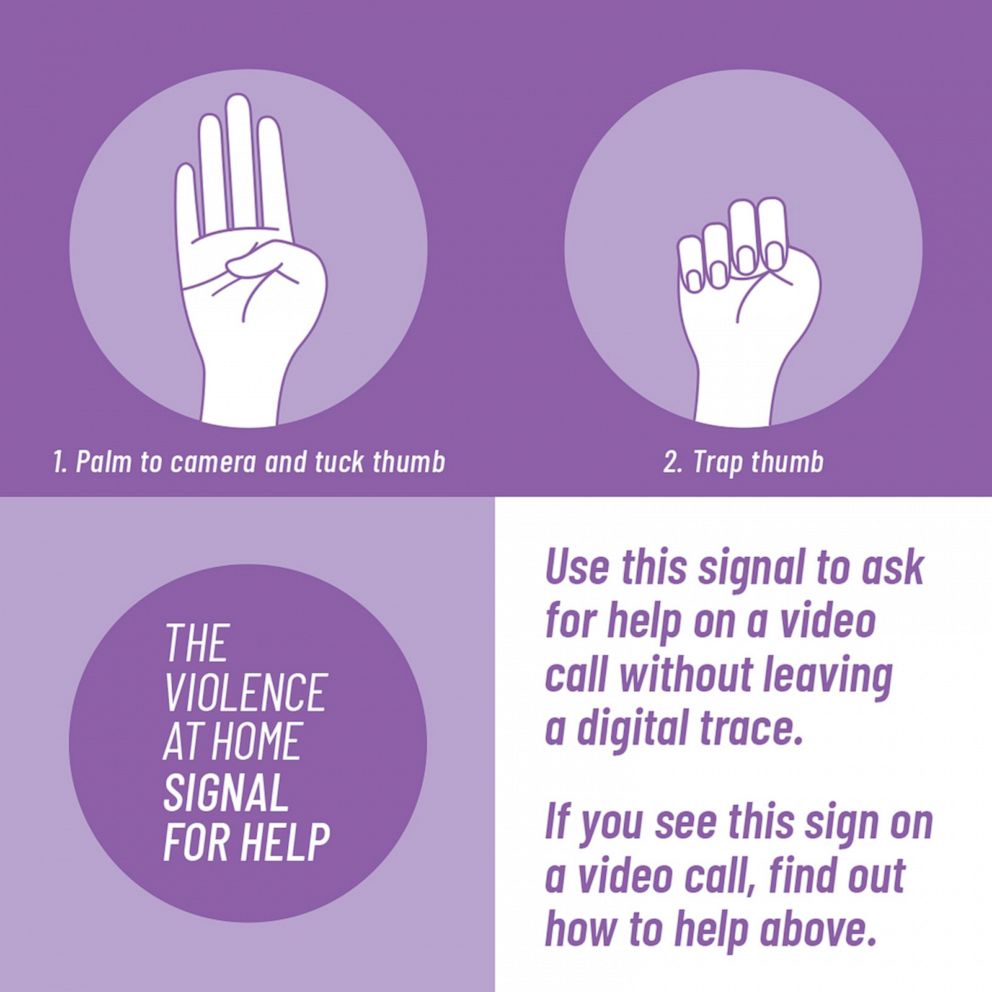Conference Recap


American Section Quatrième and Cinquième classes convened and spent Wednesday morning learning about the HRT’s annual theme of domestic violence.
Through a captivating introduction, an incredibly educational student video, powerful guest speakers, and a scintillating debate, the Team achieved their ultimate goal of raising awareness.
“Before today, I only knew about the physical type of domestic violence, and didn’t realize there were so many more. ” – Emma, Quatrième student
Jill Bourdais and Abbie Goode graced us with their presence for both the virtual and in-person events. Their unique expertise and experiences helped everyone involved understand the issue to a greater extent. Some important suggestions from their talks were to not judge the victims, to speak out if you know someone is a victim of this type of violence, and to take warning signs seriously.
– Mary Diard, Faculty Advisor of the Human Rights Team

18/04/2022

We’re in the homestretch for our annual events taking place this week, Open to all students and adults Tuesday April 19th at 7 PM on Zoom, and for the Middle School Wednesday April 20th from 8 to 12 AM.
We hope to see you all Tuesday night! Find more details below, and be sure to check out our guest speakers Jill Bourdais and Abbie Goode.
Zoom link:
https://zoom.us/j/93656471236
Meeting ID: 936 5647 1236
Passcode: HRT
5/12/2021
Each year, the team chooses a central theme around which we wish to raise awareness. This year, we deem it important to raise awareness around domestic violence.
We chose this subject because domestic abuse can happen to anyone, no matter their age, gender or country. Did you know that everyday around the world, 500 women die due to domestic violence? And that, 1 in 3 women globally experience violence.
This may not have happened to you, but it is very probable that it has/will happen to a relative, a friend or someone in your family at any time. Domestic abuse could express itself in many ways, making it sometimes difficult for one to realize they are affected by it. Because this subject may appear taboo to some, victims of such abuses may feel ashamed or unheard. This is why it is crucial to raise awareness, in order to dissipate taboo and allow victims to safely get the help they need.
But what is domestic abuse?
Domestic abuse is an incident of controlling, coercive, threatening, degrading and violent behavior, including sexual violence, in the majority of cases it is committed by a partner or ex-partner, but also by a family member or carer. It is very common. In the vast majority of cases it is experienced by women and is perpetrated by men (cf. Women’s aid)
Domestic abuse can include :
- Physical abuse
It can be sexual assault, hair pulling, threat with a weapon, forced pregnancy…
- Economical abuse
It can be no divorcing, forced quitting of job
- Emotional abuse
It can threaten victims, keep them dependent
- Coercive abuse
It can be a pattern of intimidation,degradation and isolation from family members for example.
- Online abuse
Nearly a third of survivors had experienced a spyware and a GPS locator on their phone, as well as “revenge pornography”.
Why don’t the victims leave their abusers?
In most cases the victim would actually be in more danger if they attempted to escape; 70 percent of murders of domestic abuse victims occur when the person has fled. Domestic violence victims are often isolated, making them extremely dependent on their partner and inhibiting their ability to seek help. Another obstacle to escape is the victim’s low confidence and self-esteem, because they are told everyday by their abuser that they are worthless, which makes them afraid to talk and to seek help.
Are there any ways to help victims?
No matter what type of violence has been committed, it is punishable by law. A victim can go to the police or call 3919 in France to report that they are a victim of domestic abuse. But, all victims don’t have the opportunity to report their abusers; however some hand signs can be useful here to tell a member of your family, a friend or anyone else that you are suffering from domestic abuse.
Such as this one, which has been circulating on Tik Tok, and saved a teenage victim (learn more here)
